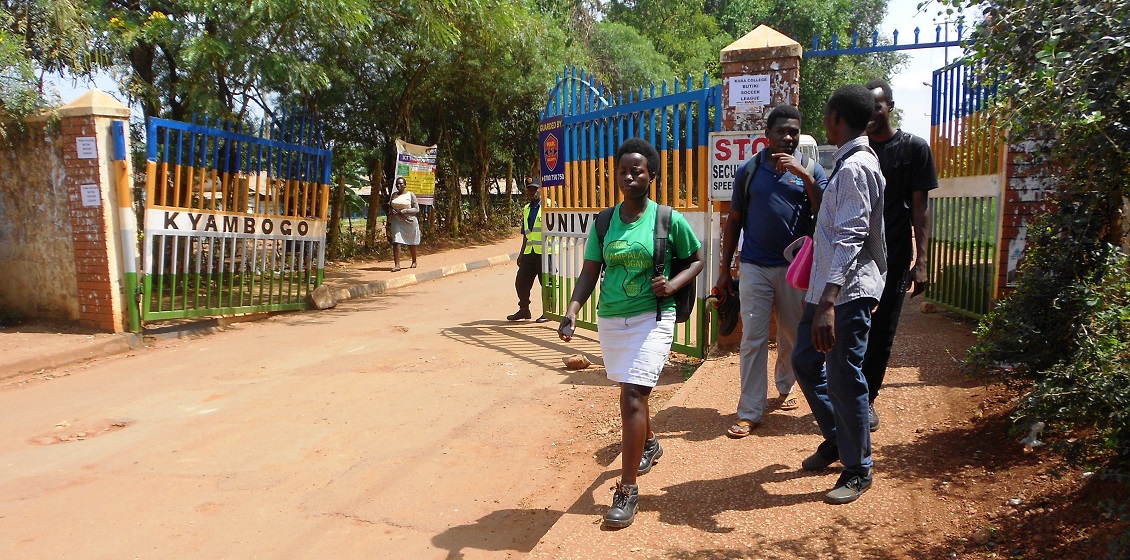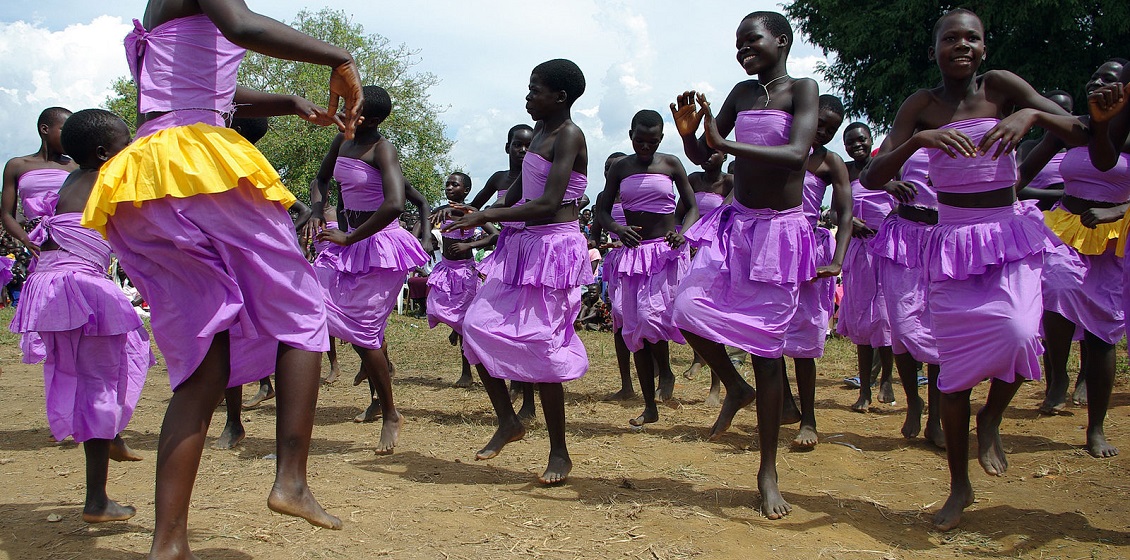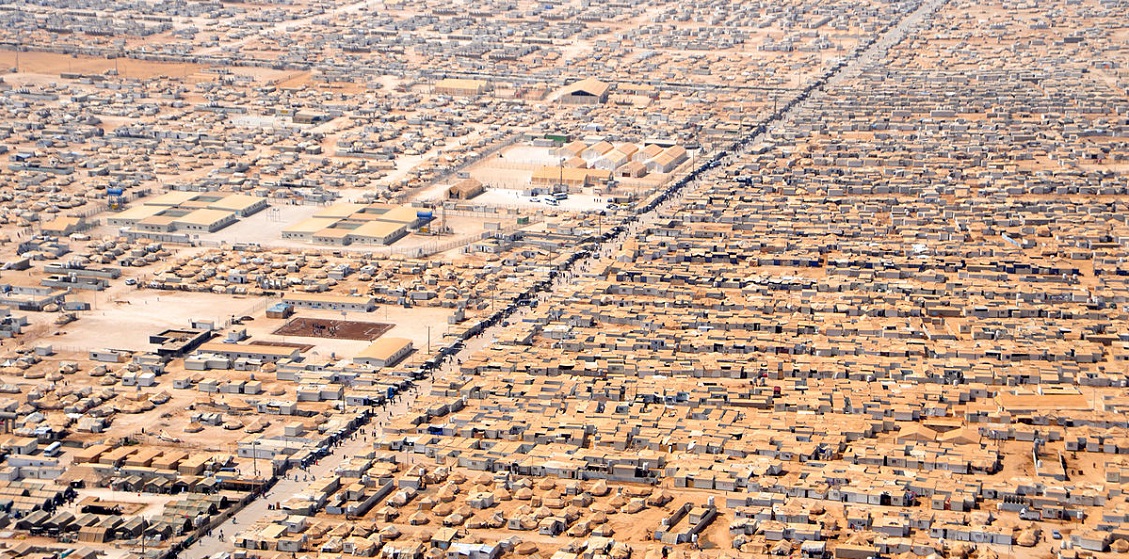Crisis of Ethnicity: Understanding Uganda through a Tribe Lens
Many Ugandans are quick to identify themselves by tribe – 56 tribes there are in total. They like to describe themselves, and are also often described by others, as humble, welcoming and peaceful but Uganda’s political history hardly reflects the peaceful part. When I visit Associate Professor Charles Amone on a July afternoon, Kyambogo University is in recess so it is generally quiet. His reflections paint a picture of a country less united than the world may be led to think – a crisis that fuels inequality and conflicts from within.





